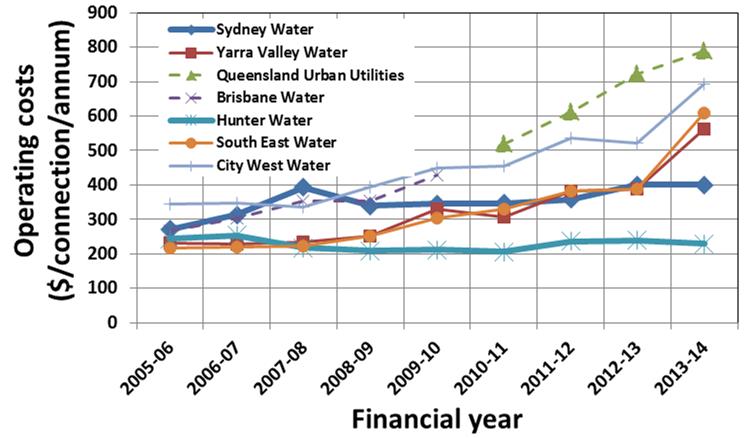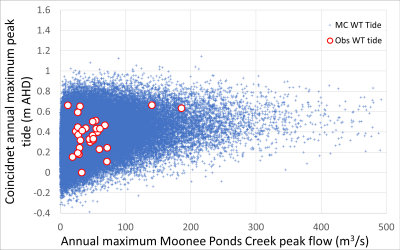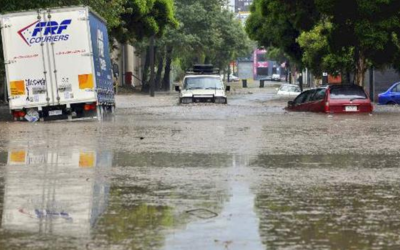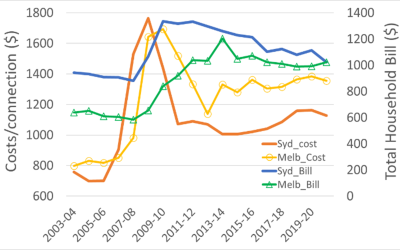
We pleased at the level of interest in the report about water servicing costs, sustainable buildings policy and rainwater harvesting. The newspaper article in the Sunshine Coast Daily on 23 November 2015 has added two different elements of the report, the whole of society benefit and the water utility profits, to derive a figure of $7.3 billion. This figure was subsequently quoted by the ABC Sunshine Coast Radio and by the Australian Water Association and is not correct. The whole of community benefit is actually $3.5 billion between now and 2056, the increased profitability of water utilities of $3.8 billion is a different macroeconomic benefit that cannot be added to the whole of society benefit. We thank the Sunshine Coast Daily and the ABC Sunshine Coast for supporting this important discussion.




